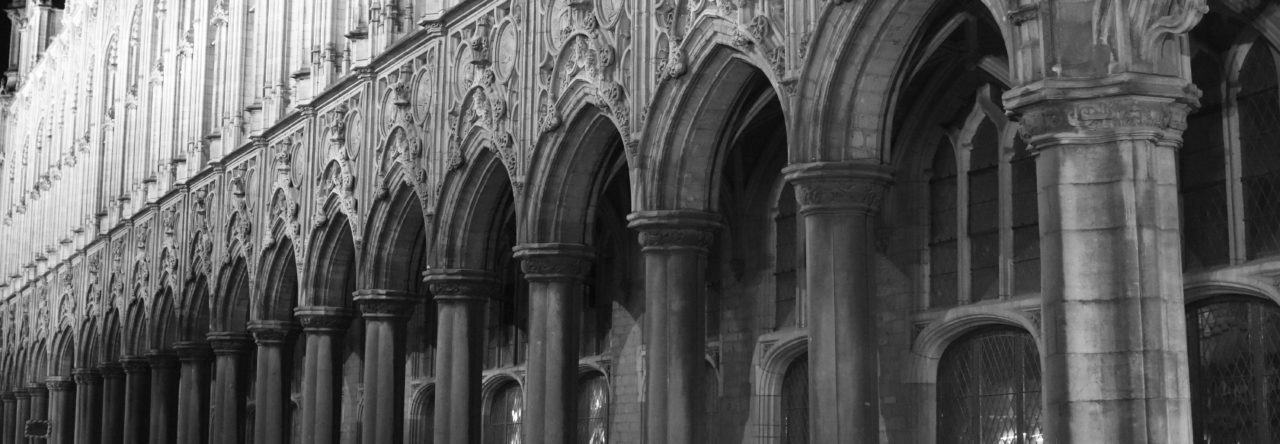Edith Wharton, author of “The House of Mirth”, “Ethan Frome” and more than thirty other volumes, was among the most prominent American writers of the early twentieth century. She garnered countless accolades, including both France’s Legion of Honour (for humanitarian efforts, but, as you’ll see below, that included a literary aspect) and a Pulitzer Prize. And – this obviously is why you’re reading this post – she wrote unsettling, supernatural stories.
Though Edith Wharton spent her early life in New York and rose to fame during her time there, she later moved to France. She was in Europe at the outbreak of the First World War and immediately devoted herself to leading or supporting numerous charitable projects. During the conflict, the French awarded Wharton their highest order of merit for her efforts to employ French women who had been displaced by the conflict, and for her work caring for “a terrible tidal wave” of desperate Belgian refugees that poured across the French border. Her efforts also took a literary turn. Writing for Smithsonian.com, Anne Trubeck has described Wharton’s largely successful rallying of great writers who contributed to an anthology that ultimately was sold to raise money to support refugees.
Though a few critics complained that Wharton displayed an unseemly enthusiasm for war, most observers agreed that the acclaim she received from her adopted country was well-deserved.
The Pulitzer Prize she received for “The Age of Innocence” was far more controversial. “When I discovered that I was being rewarded – by one of our leading Universities – for uplifting American morals, I confess I did despair. Subsequently, when I found the prize shd (sic) really have been yours, but was withdrawn because your book (I quote from memory) had ‘offended a number of prominent persons in the Middle West,’ disgust was added to despair.” Wharton wrote these words to Sinclair Lewis when she discovered that the jury charged with awarding the prize had chosen Lewis’ work over her own, but that their decision apparently had been unilaterally overturned by the president of Columbia University, Nicholas Murray Butler. The award commended Wharton for depicting the “wholesome atmosphere of American life and the highest standard of American manners and manhood.” At first glance, this might not appear controversial. But Butler had substituted “wholesome” for “whole”, thereby substantially changing the award’s meaning and dooming it to impassioned controversy. As a result, an event that should have been purely celebratory was tainted by public debates that erupted regarding the criteria and processes that were used to select the winner.
So, what about her ghost stories? Wharton once wrote that “[a]ll novelists who describe . . . what is called ‘society life’, are pursued by the exasperating accusation of putting flesh-and-blood people into their books. Any one gifted with the least creative faculty knows the absurdity of such a charge.” Well, Wharton may have denied including “flesh-and-blood people” in her work, but she certainly included spirits – which is, after all, why you’re here. One of Wharton’s admirers once wrote that she had been confounded by Wharton’s ghost stories. Why, she asked, would the great author produce such tales? The answer is simple: Edith Wharton, like most people, enjoyed a good scare. In fact, her standard for measuring a ghostly tale’s quality was very straightforward: “if it sends a cold shiver down one’s spine, it has done its job and done it well.”
Wharton certainly achieves that effect in “Afterward” which she first published in 1910. She tells the story of a wealthy American couple that settles in England. The ghost-loving couple is disappointed to discover that the ancient country home they’ve chosen isn’t haunted. In a strange and unexpected turn of events, they unwittingly produce their own haunting – with disturbing consequences.
